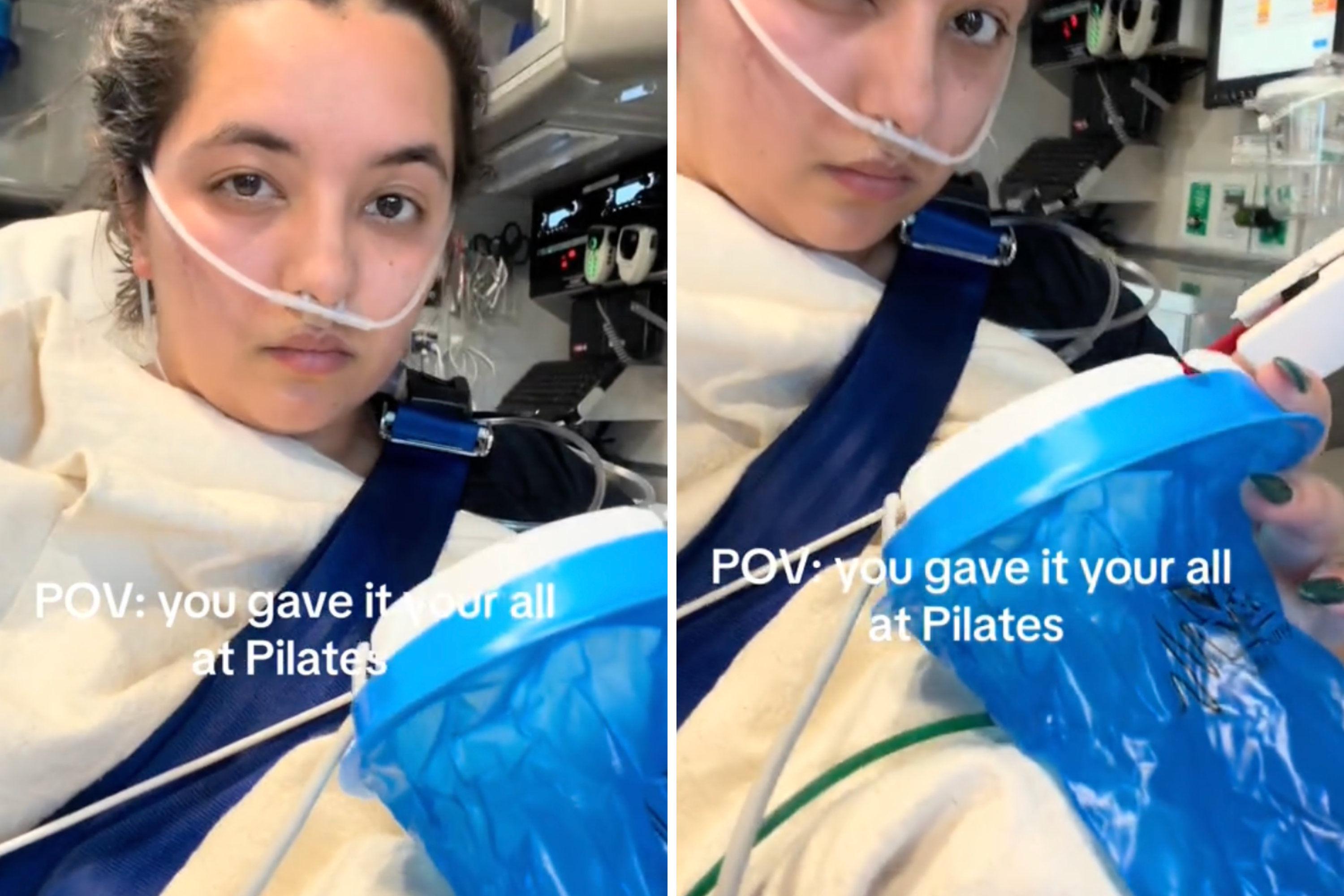Dr. Bradley Serwer | Source | Chief Medical Officer, VitalSolution, an Ingenovis Health company - Cardiolog...

Dr. Bradley Serwer
Dr. Bradley Serwer is the Chief Medical Officer at VitalSolution - Cardiology. He has been fortunate in his career to work with many exceptional people. Bradley spent 20 years in the US Navy and got to see the world and was able to care for our Nation's leaders, sailors, soldiers, marines and provide humanitarian medicine in some of the most austere environments imaginable. He retired in 2021 and joined the VitalSolution team as an Interventional Cardiologist working in Northeastern PA.
-

VitalSolution
Chief Medical Officer, VitalSolution, an Ingenovis Health company - Cardiology
-
This odd dental habit could spark heart health risks, experts warn
"There’s always been a strong association between good oral hygiene and heart health," Dr. Bradley Serwer, an interventional cardiologist and chief medical officer at VitalSolution, an Ingenovis Health company, told Fox News Digital. "Gingivitis or a bad gum infection has been known to cause problems with the heart on many different levels," said the Maryland-based doctor.
Article -
Chest Pain? Doctors Say These Angina Self-Care Tips Work Fast
Doctors reveal the best angina self-care tips, from breathing techniques to diet tweaks, plus signs that your chest pain could be a medical emergency.
Article -
Woman's pilate's class takes unexpected turn, 'don't try this at home'
Chief Medical Officer and Interventional Cardiologist at VitalSolution Cardiology Dr. Bradley Serwer told Newsweek: "Lola is not alone. Syncope, or passing out is very common. There are many reasons why people pass out," he explained.
Article
-
New Study Links Erythritol to Increased Cardiovascular Risks
Dr. Serwer highlights that Dr. Hazen’s study raises concerns about erythritol, showing it increases platelet activity and risk of blood clots. He advises patients to avoid sugar alcohols and opt for healthier diets. Dr. Serwer hopes the FDA will reevaluate erythritol's safety. -
Artificial Sweeteners: A Hidden Threat to Heart Health
Dr. Serwer highlights that erythritol and other sugar alcohols can increase platelet activity, leading to abnormal blood clots. He advises avoiding these substitutes due to their potential to trigger insulin production and sweet cravings, contributing to metabolic syndrome. Dr. Serwer calls for the FDA to reevaluate erythritol's safety.
-
All of these different body systems work hand in hand, they’re not working in isolation. Something as simple as consuming too much alcohol can make people sleep very deeply. And if they have sleep apnea, sleep apnea increases their risk of having atrial fibrillation, and atrial fibrillation increases their risk of having heart failure. And so it’s sort of the spiral effect that we see.



